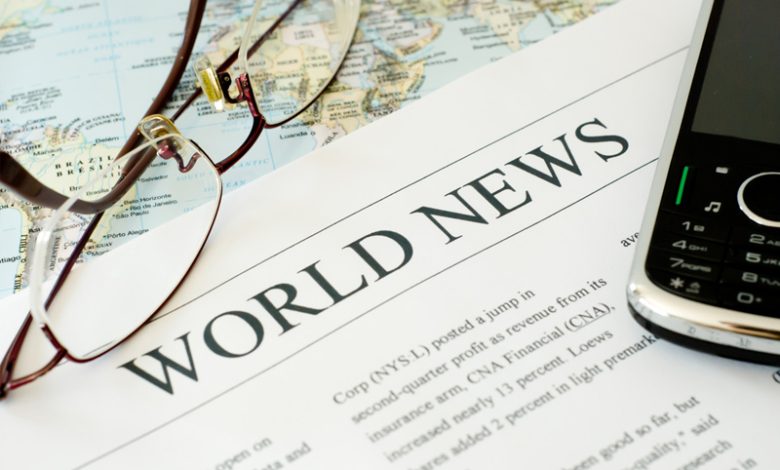
As Peru Bids Farewell to Fujimori, a Complex Struggle Over His Legacy Emerges
By Marco Aquino
LIMA (Reuters) – Hero? Murderer? Savior? Villain?
As Peru prepares to lay to rest former president Alberto Fujimori on Saturday, the nation is reflecting on the intricate legacy of its most powerful—and polarizing—political figure in recent history, who passed away this week at the age of 86.
Fujimori is venerated by many Peruvians for rescuing the country from a grave economic crisis in the 1990s and for his efforts in defeating the Shining Path terrorist organization. Conversely, others hold him accountable for his authoritarian regime, which resulted in clandestine military killings. He served approximately 16 years in prison for human rights violations.
"Thanks to him, terrorism is over," remarked Felicita Ruiz, who traveled from the Andean region of Ayacucho, the birthplace of the Maoist Shining Path, to pay her respects to Fujimori.
The conflict with the rebel group claimed the lives of 69,000 civilians and military personnel, according to a Truth Commission report. The repercussions of this conflict continue to haunt Peru today.
While thousands gathered to honor Fujimori, carrying images and figurines of the former leader known as "Chino," others voiced their dissent, highlighting his troubling human rights record.
Fujimori’s government faced severe allegations of corruption and killings carried out by secret military squads during the 1990s. His flight to Japan in 2000 followed the release of incriminating videos that portrayed advisors distributing cash to legislators, businessmen, and judges to support his administration.
In 2009, he was sentenced to 25 years in prison as the "indirect author" of the killings of 25 individuals, including a child. He was controversially released last December.
"This tribute is an insult," said Maria Carbajal, who was one of many women sterilized under a program aimed at reducing poverty in rural areas. Approximately 300,000 women underwent sterilization in this national campaign, which human rights organizations assert was conducted under coercion, though Fujimori maintained that the procedures were voluntary.
Peru has been in national mourning for three days following Fujimori’s death on Wednesday, with his body laid in state.
Fujimori is often credited, similarly to former Chilean dictator Augusto Pinochet, with steering Peru toward a free-market economy, contributing to the nation becoming one of the most stable economies in Latin America.
However, recent instability, with six presidents in seven years amid political unrest, has tarnished Peru’s reputation, leading some to nostalgically remember Fujimori’s tenure.
"I hoped he would become president again," wept Yusi Canchari, who journeyed for hours from the interior to see him one last time. Fujimori’s daughter, Keiko, mentioned in July that he could run for office again.
"I just want to thank President Fujimori for everything he did for our country," Canchari expressed. "He achieved peace. I remember he built my school, constructed roads, and provided us with uniforms, shoes, and food."
Keiko Fujimori, a defeated presidential candidate, and current President Dina Boluarte both attended the wake on Thursday.
"It’s troubling because they are honoring someone who was convicted and sentenced by the state for serious crimes," stated Gisela Ortiz, whose brother was a victim of violence during the Fujimori administration.
Interestingly, Fujimori’s death coincided with the third anniversary of the passing of his adversary, Shining Path leader Abimael Guzmán, also at the age of 86.
Lima resident Angel Taboada felt conflicted regarding Fujimori’s legacy: "The former president did good things; he fought terrorism. But he also committed terrible acts, such as the massacres at La Cantuta, Barrios Altos, and Pativilca," he noted, referring to some of the most notorious military killings during the 1990s.
Supporter Mabel Rojas expressed her grief without hesitation: "I feel devastated. I met him once and asked him, ‘What would you do with all this current crisis?’ He had solutions, because his mind was brilliant."
 GOOGL
GOOGL  META
META 

